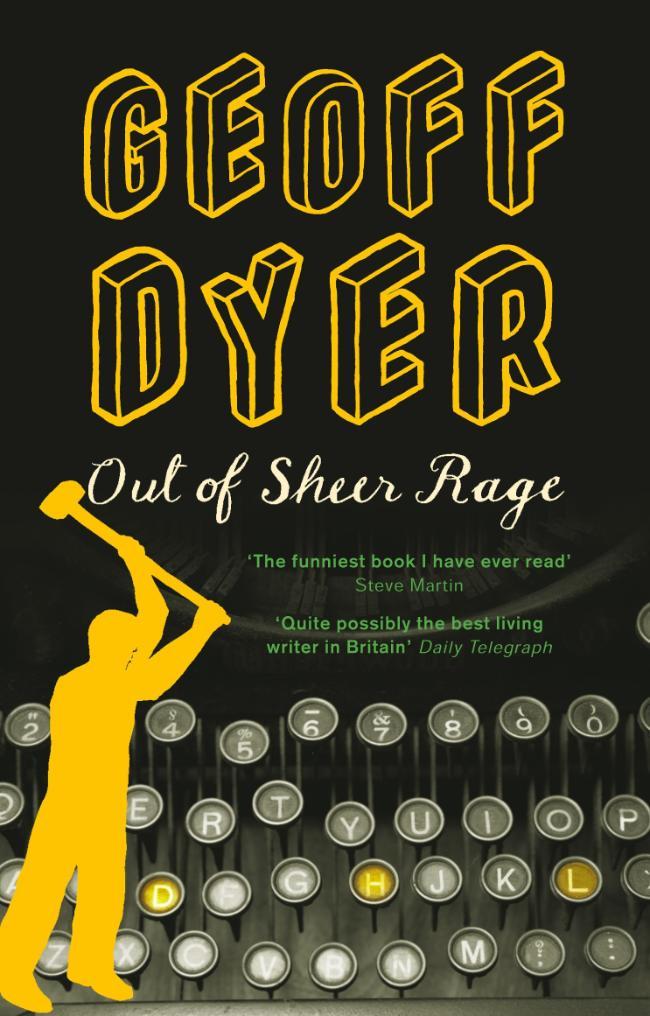Geoff Dyer: Out of Sheer Rage: In the Shadow of D.H. Lawrence
Out of Sheer Rage could be subtitled: “A Book About a Writer Trying to Write a Book About a Writer.” That does not sound terribly compelling, I know, but hear me out. The basic conceit: Dyer, a critic (of everything) and novelist, sets out to write an account of one of his literary heroes, D.H. Lawrence. What he accomplishes is less biography – although there’s still plenty of that – and more self-lacerating autobiography. Using pilgrimages to various sites of Lawrence’s life as its backdrop, Out of Sheer Rage sketches Dyer’s increasingly frustrated efforts to properly begin his study. The results are far more memorable than even a very good biography, providing first-rate insight into writing-as-pathology and the anxiety of the everyday. As a struggling undergraduate, Dyer taught me about the everything else of writing: a distant relative of “finishing the book” that nobody talks about.
I still think about a line from it all the time: “I do everything badly, sloppily, to get it over with so that I can get on to the next thing I will do badly and sloppily so that I can then do nothing.”
The book did not shape my approach to history, but it made me feel much better about writing histories – or, rather, trying and sometimes failing to write histories. Like all academics, historians spend plenty of time talking about ideas and the forms we want those ideas to take. Substantially less attention is given to the actual process of writing. Even less mind is paid to everything else that happens when one is trying to write. Very few people get out of bed each morning and reliably spin gold on their computer. Those of us who aren’t stunningly prolific face a more crooked path. For me, there are approximately seventy-two elements of writing. Let’s dispense with obvious ones first: brainstorming, note-taking, reference-checking, typing, editing. We might also include: napping, looking in the fridge without actually getting food, reorganising bookshelves, off-topic reading, walking dogs, questioning major life choices, cooking elaborate meals, arguing with strangers on social media, all forms of exercise, long vacations, internet shopping, relitigating grievances from secondary school, and not writing (in the total sense). I’m happy to provide a complete list upon request.
I read Out of Sheer Rage in my second year of university, probably while delaying an essay on – oh, let’s say – the Siege of Candia (apologies to early modern Mediterranean history). Every assignment was excruciating. I imagined my friends poring over library books and submitting immaculate papers on Frederick the Great and covert operations during the Vietnam War. They weren’t, of course, but I was convinced otherwise. Dyer’s book felt like permission to ruminate and be intellectually unfocused. It was brutally unromantic about the act of writing, yet it reassured me. In the “adult” world of academics and novelists, late assignments became blown manuscript deadlines and exasperated lecturers became disappointed colleagues. This imperfect continuum felt much more approachable than my previous model, which involved a sudden and complete devotion to scholarship, as if by sorcery. Out of Sheer Rage didn’t diminish the tension that arose when I wrote historical essays, but it made that tension feel more natural. As a distracted and mildly undisciplined student, this was what I needed.


